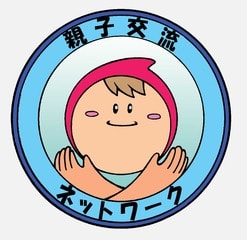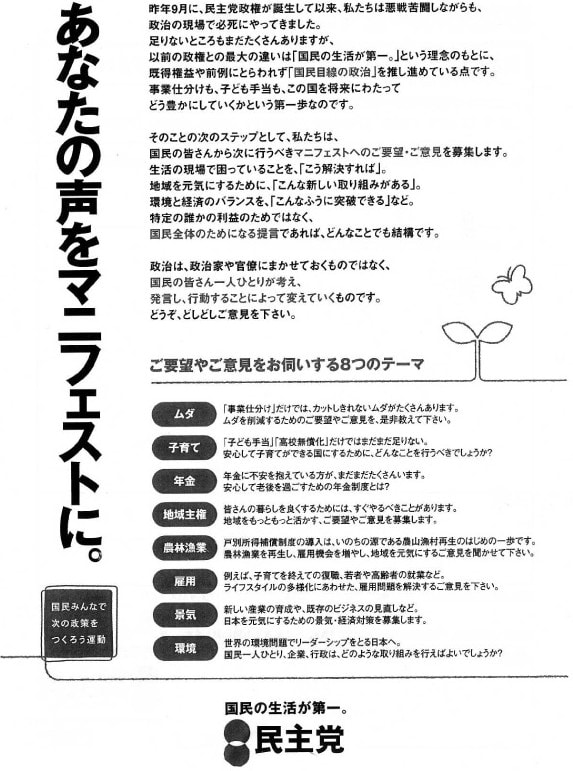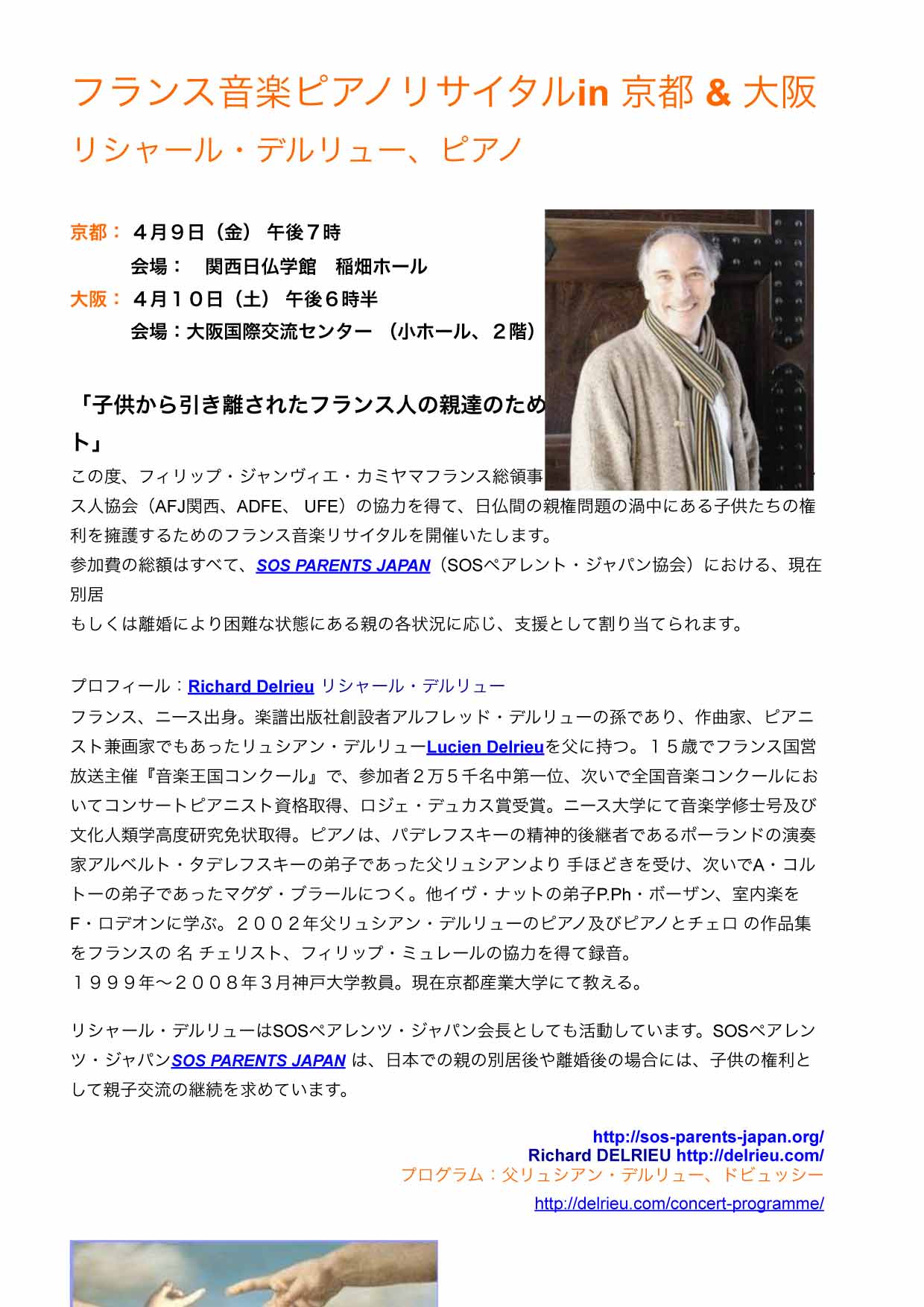http://search.japantimes.co.jp/cgi-bin/fl20100420zg.html
Tuesday, April 20, 2010
THE ZEIT GIST
Not showing at a family court near you
The DVD that the Supreme Court doesn't seem to want parents to see
By COLIN P.A. JONES
I have seen the secret Japanese video. No, not the one where you die within a week of watching it, the other one — the one about how traumatic divorce and parental separation are for children.
Titled "Kodomo no Iru Fufu ga Hanarete Kurasu Toki ni Kangaenakereba Naranai Koto" ("What Couples with Children Must Think About When They Live Apart"), it is a short educational DVD that dramatizes a deteriorating marriage and the effect it has on the couple's elementary school-age daughter.
The DVD's message is quite simple: Parental separation is extremely hard on children, and they deal with it in different ways, ways parents may not understand or appreciate, particularly if they themselves are deep in the emotional swamp of divorce.
The little girl in the drama tries various strategies to hold the family together, encouraging activities involving both parents, taking on more household tasks, and so forth — thinking that if she tries hard enough, things will get better. Of course she blames herself for what is happening, and is shown lying alone in bed, clinging to her teddy bear, crying and promising to be a good girl. Yet, while trying hard to be good at home, at school she becomes sullen and withdrawn, and fights with her classmates over trivial things.
The DVD's commentary explains that children whose parents are separating are almost paralyzed by fear: fear of losing a parent, fear of the changes that are happening, and fear of an uncertain future. Divorcing parents often make this worse not just by being preoccupied with their own fear, anger and sadness, but by subtly or overtly pressuring their children to choose between the two people they love most, whether it be over who to live with after separation, or through a more subtle set of choices between parents seeking emotional allies in the battle into which divorces often degenerate.
In terms of content, there is not much about the DVD that is surprising, at least to someone familiar with Western notions of divorce, or to loving parents in any culture who are able to think of their children as separate human beings. No, what is surprising about this DVD in the Japanese context is that it exists at all, since the effect that divorce has on the tens of thousands of children who experience it every year in Japan is a subject that seems to have been almost completely ignored by officialdom, educators and the mental health community alike.
An Amazon search done a few years ago would turn up virtually no works by Japanese authors on the subject; such publications as were available were more likely to be translations of Western works. Clinical psychologist and professor Kazuyo Tanase is one of the few Japanese scholars active in this area, and has published — in February — what is probably the first book for general readers in Japan about the psychological impact of divorce on children, "Rikon de Kowarete Iku Kodomo tachi" ("Children Who Are Broken by Divorce," Kobunsha Shinsho).
In this respect, Japan may have some catching up to do, though some might argue that divorce and child custody in Japan are different for cultural reasons. Yet one of the other surprising things about the DVD is that it is remarkably free of any sort of cultural baggage (other than the absence of joint custody as an option, which is more of a legal issue). Its portrayal of how divorce negatively affects children and advice on how to minimize this impact would be readily recognized and accepted in most other countries and cultures. At heart, the issues involve a child's feelings of fear, sadness and loss — feelings that are likely to be universal.
Given Japan's continuing status as a haven for parental child abduction and the seemingly hopeless prospects of parents seeking to protect or at least cushion their children from the loss of contact with one parent through the country's family courts (where visitation awards of "six hours per year" or even "three photographs a year" are still not unusual), some parents might rightfully demand that this DVD be required viewing for Japanese judges. However, such a demand would be misguided because — ha ha — it was actually made by the Supreme Court of Japan. Paradoxically, this might explain why it seems to get so little air time in actual court proceedings.
Reportedly distributed to family courts by the Supreme Court administration in 2006, the DVD predates most native works on the subject of children and divorce yet remains a little-known resource, still shrouded in mystery almost four years later. Given that by its title it is directed at all separating parents, the court system's official Web site would seem to be the ideal way to make its contents as broadly accessible as possible. Since 90 percent of Japanese divorces are consensual, that would make it available to the large number of couples who never set foot in a courthouse when splitting up. Yet, a search of the DVD's name combined with the court system's official domain suffix (courts.go.jp) turns up only two immediate hits: links to notes of meetings of Family Court Committees (panels of citizens that offer feedback to the family courts) in Toyama and Kofu at which the DVD is discussed. The official court system Web site is free of any references to this educational tool; for most practical purposes, it might just as well never have been made.













